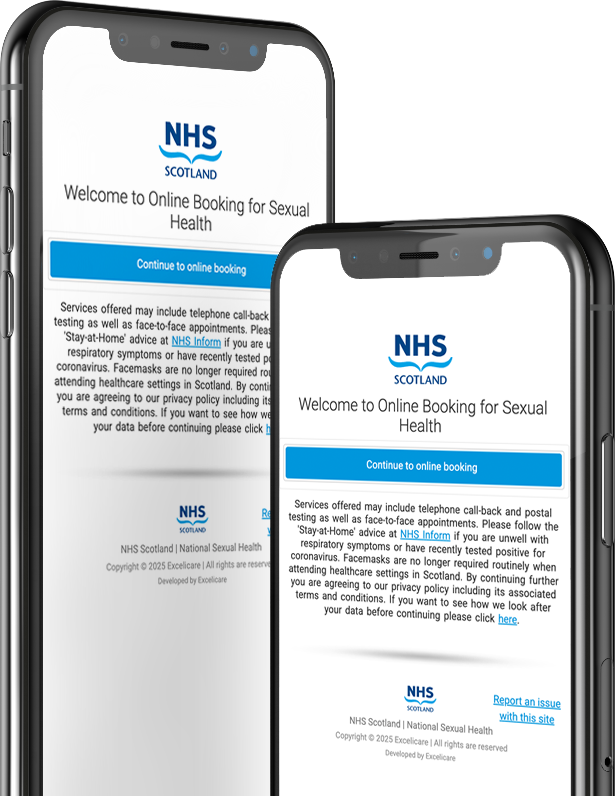
Sexual Contact Tracing

What is sexual contact tracing?
All of your personal details are kept confidential and any person who attends the clinic as a result of sexual contact tracing will not be given any information about you.
Sexual contact tracing is a confidential process where the people or person you had sex with is told that they have been in contact with a person who has tested positive for a sexually transmitted infection (STI). They can then receive the medical advice, testing, and any treatment they might need.
Sexual contact tracing is especially important because many people who have an STI do not have any visible symptoms. Sexual contact tracing is an essential part of helping to stop the onward transmission of STIs, and can help to prevent reinfection. Do not worry if you don’t know much about the STI, or about how to tell the people or person you had sex with about it. Specially trained staff in the sexual health clinic understand this and will help and support you by giving you information and answering your questions. This discussion is private and confidential.
The sexual contact tracing discussion
Sexual contact tracing usually begins with a discussion with a healthcare professional (a nurse, doctor, or other sexual health professional) when you attend for the results of your tests and possible treatment. If you have come to the clinic with someone else (e.g. a family member, a friend, or the person you had sex with) we usually suggest that you are seen on your own. This means that you are more able to talk openly and freely.
The healthcare professional will ask you questions about who you have had sex with. This includes personal details about the other person such as their name, date of birth or age, and where they live. You may not know all of these details but it is important that you provide as much information as you can. These details will be used to confidentially check that any potential contacts have attended clinic to get the right tests and treatment they may need. The discussion will also help to identify who among your sexual contacts should be informed. This depends on several factors including the type of infection you have. If you have sex with someone who has not been tested and treated you may get the infection again.
Types of sexual contact tracing
You tell the people or person you had sex with
Most people who are diagnosed with an STI tell the people or person they had sex with about it themselves if they are able. We can give you a ‘contact slip’ to give to them. This contains information about your infection which they can take to the sexual health clinic to make sure that they receive the right tests and treatment. The contact slip does not have your name on it.
We tell the people or person you had sex with
If you don’t want to tell the people or person you had sex with, the healthcare professional can tell them for you. They will do this without giving your name. This is usually done by telephone, but sometimes other ways are used: letter, text or e-mail. The way we contact them will be agreed after you have discussed it with the healthcare professional.
What next?
At the end of the discussion you will have made a plan about how to inform the people or person you have had sex with. If you are going to speak to them, we will arrange to talk with you after you have spoken to them, to check how this went and to identify any problems you may have encountered. This is usually done by telephone. We will then check that the people or person you had sex with have attended one of our clinics. However, due to confidentiality we are not able to provide any information about the outcome.
RELATED PAGES

